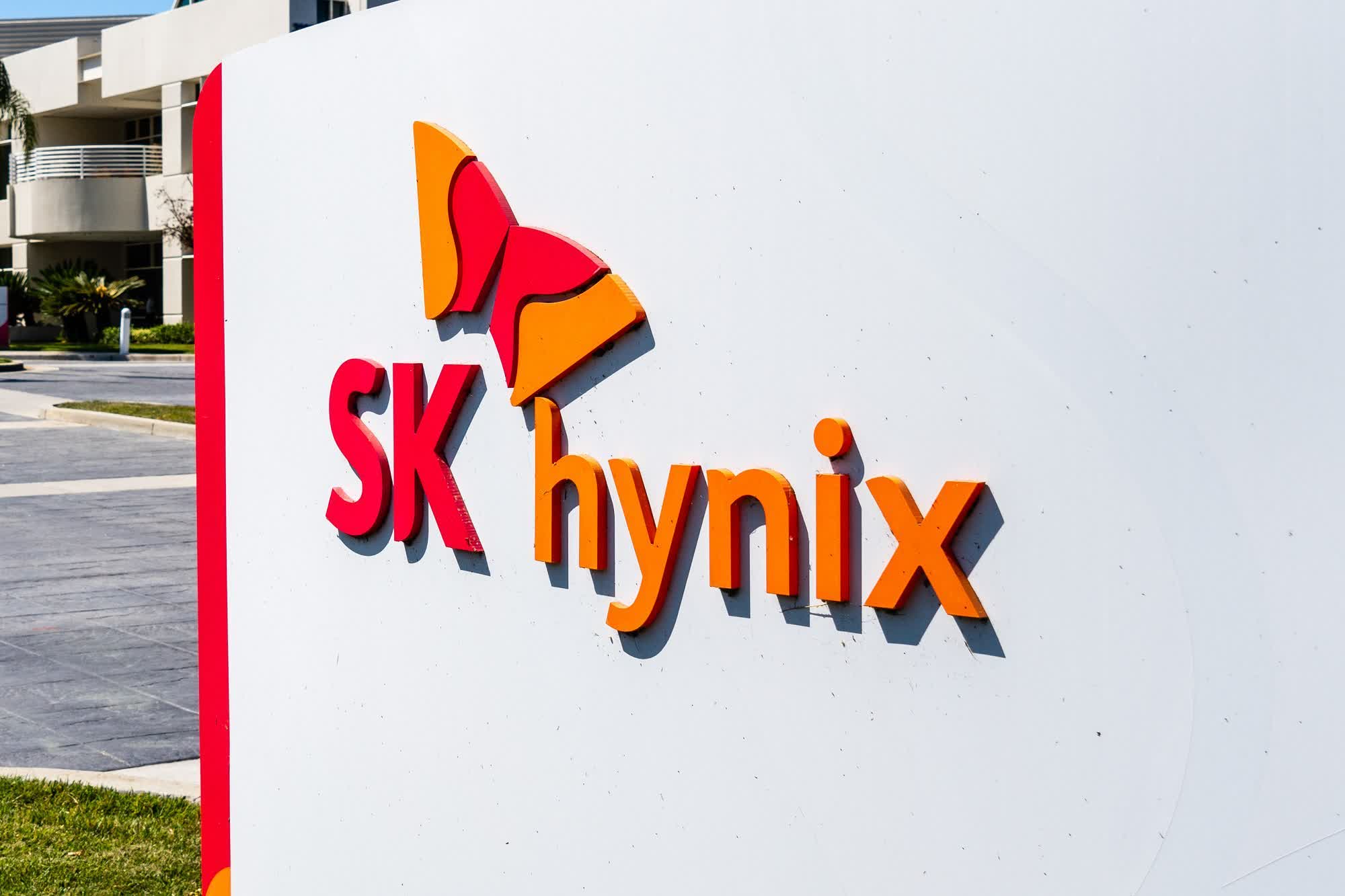In brief: Arm for now remains a neutral force in the semiconductor space that supplies chip designs and compute architecture to an ecosystem of players, big and small. Still, SK Hynix believes there are other ways to take ownership of the British chipmaker that wouldn't raise as many red flags as a single company trying to be the proprietor of a key business in this industry.

Nvidia's failed $40 billion takeover of Arm made competition authorities happy, but it also led to a restructuring of the latter company ahead of its planned IPO. In other words, Arm is cutting up to 15 percent of its workforce, most of it from the UK and the US, even after receiving $1.25 billion as a result of the deal falling through.
That hasn't stopped other companies from contemplating the possibility of purchasing the British chipmaker. One such suitor is SK Hynix, who is reportedly considering the idea of forming a consortium with other investors to explore an acquisition.

At SK Hynix's annual shareholder meeting, vice chairman and co-CEO Park Jung-ho said he doesn't believe a single company can buy Arm, but he definitely wants to control the company for its strategic value. A company representative said in a statement that the idea is currently the subject of a review, and as such there are no official plans to acquire Arm beyond Park's stated intent.
The Nvidia takeover raised too many questions for regulators in the UK, EU, US, and China, not to mention concerns from companies that depend on the Arm ecosystem to thrive. Many in the industry believe Arm is best positioned as a neutral provider of chip designs, but companies like Intel have recently expressed their desire to participate in a consortium formed to take ownership of Arm.
In the meantime, SK Hynix is looking to complete the second and last phase of acquiring Intel's NAND business, which it has spun off into a subsidiary called Solidigm. As for Arm, the Financial Times writes that the chipmaker is currently battling its troublesome Chinese subsidiary, which stands in the way of expediting the former's public offering.
Goldman Sachs is said to have been appointed as lead underwriter for Arm's IPO, and SoftBank could be pursuing a valuation of no less than $60 billion, which would make it the largest ever in the semiconductor space.
https://www.techspot.com/news/93983-sk-hynix-could-form-consortium-buy-arm.html